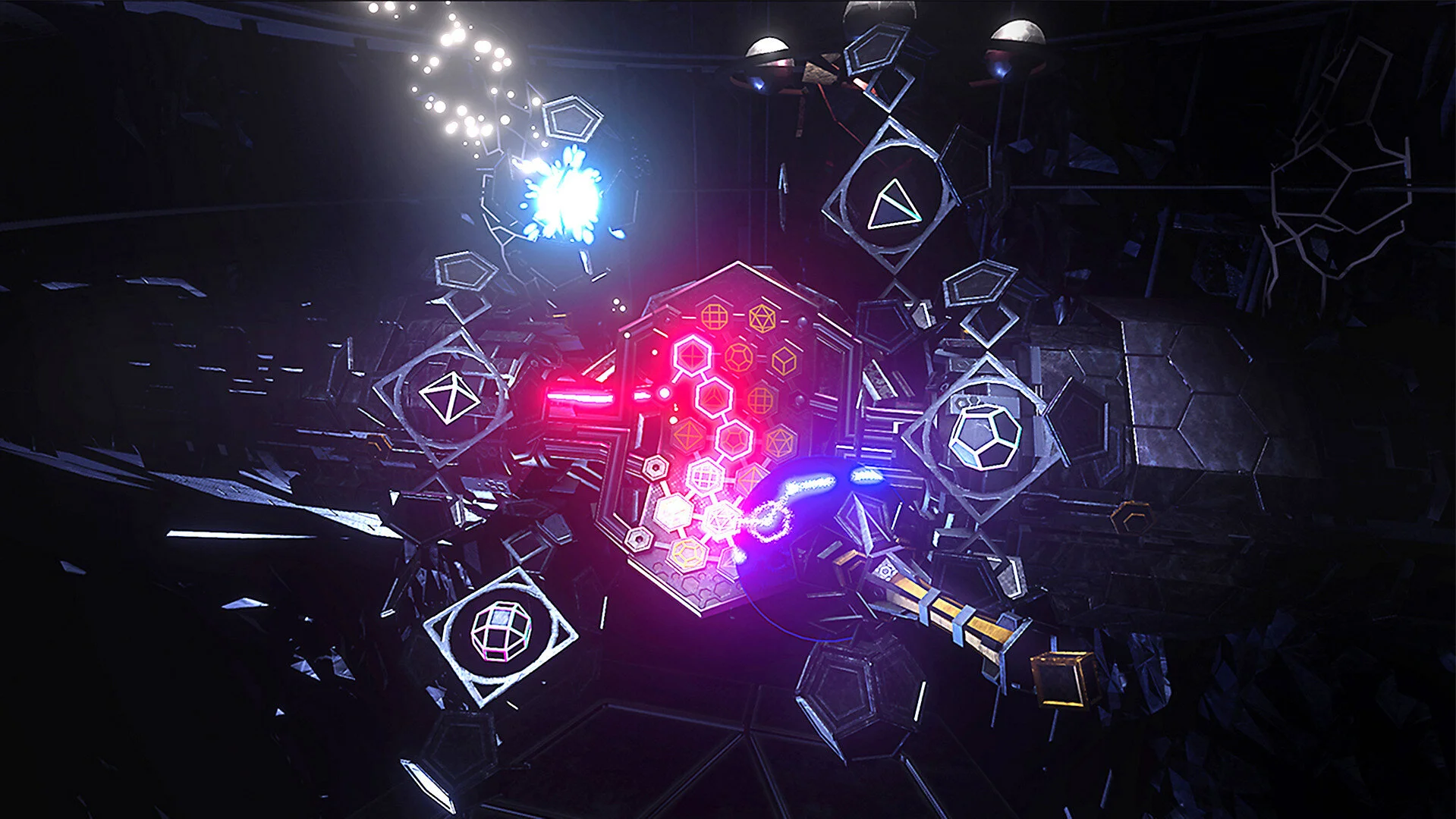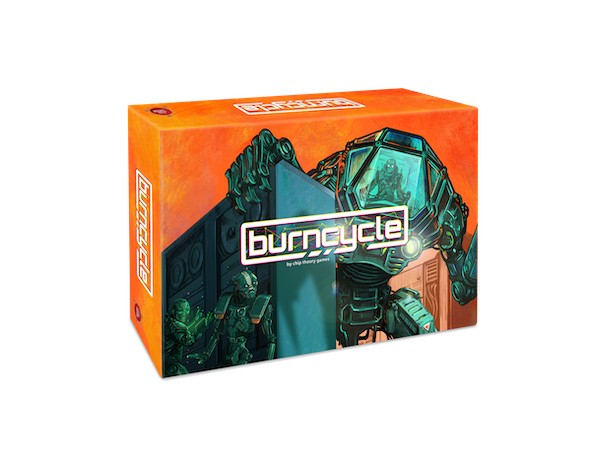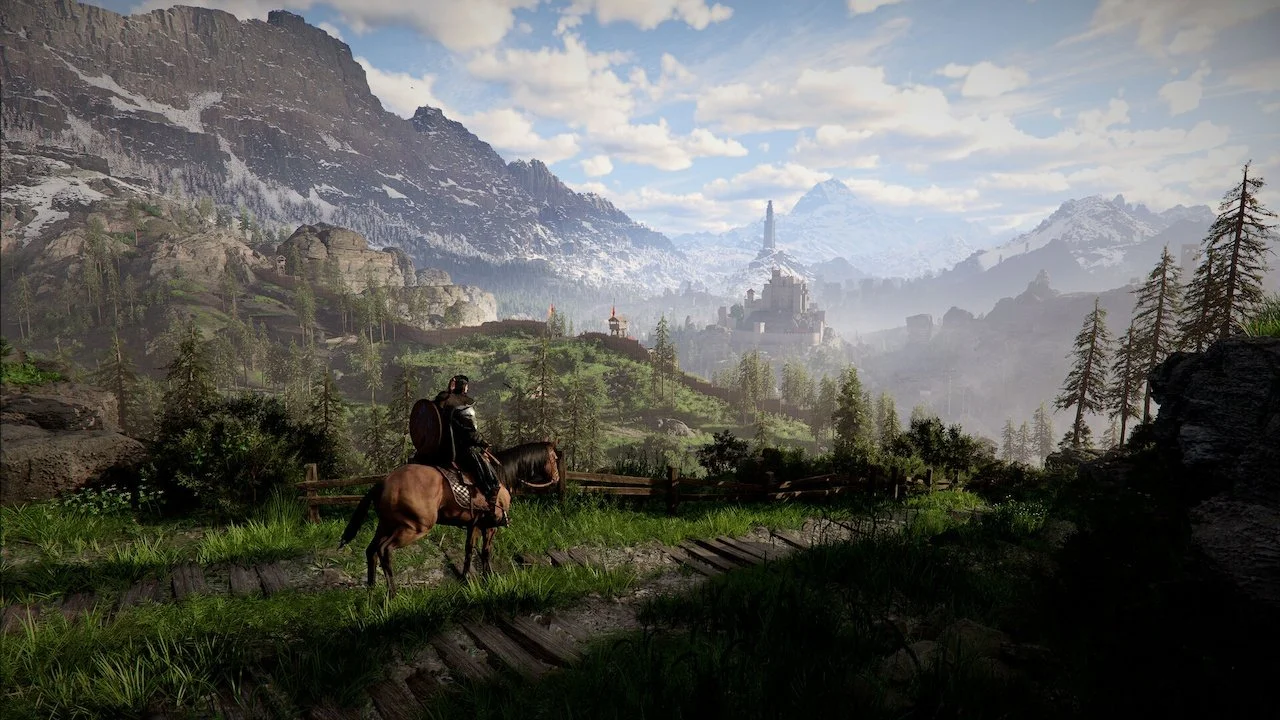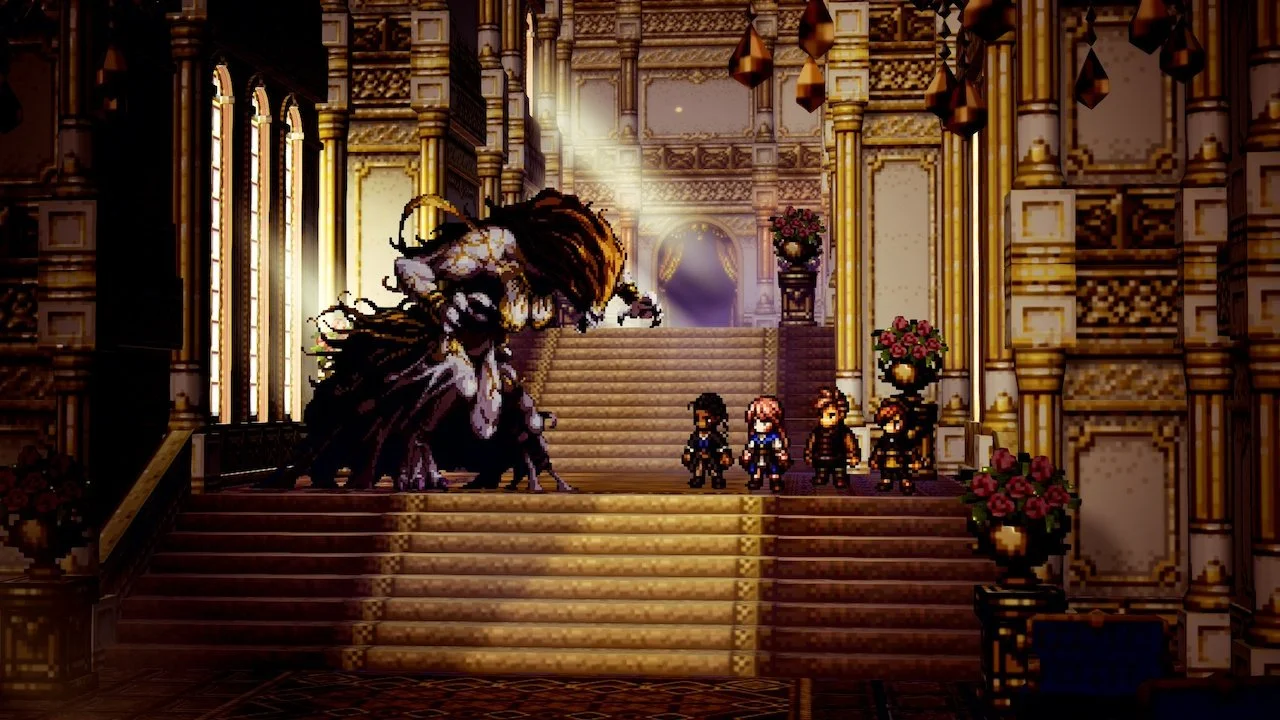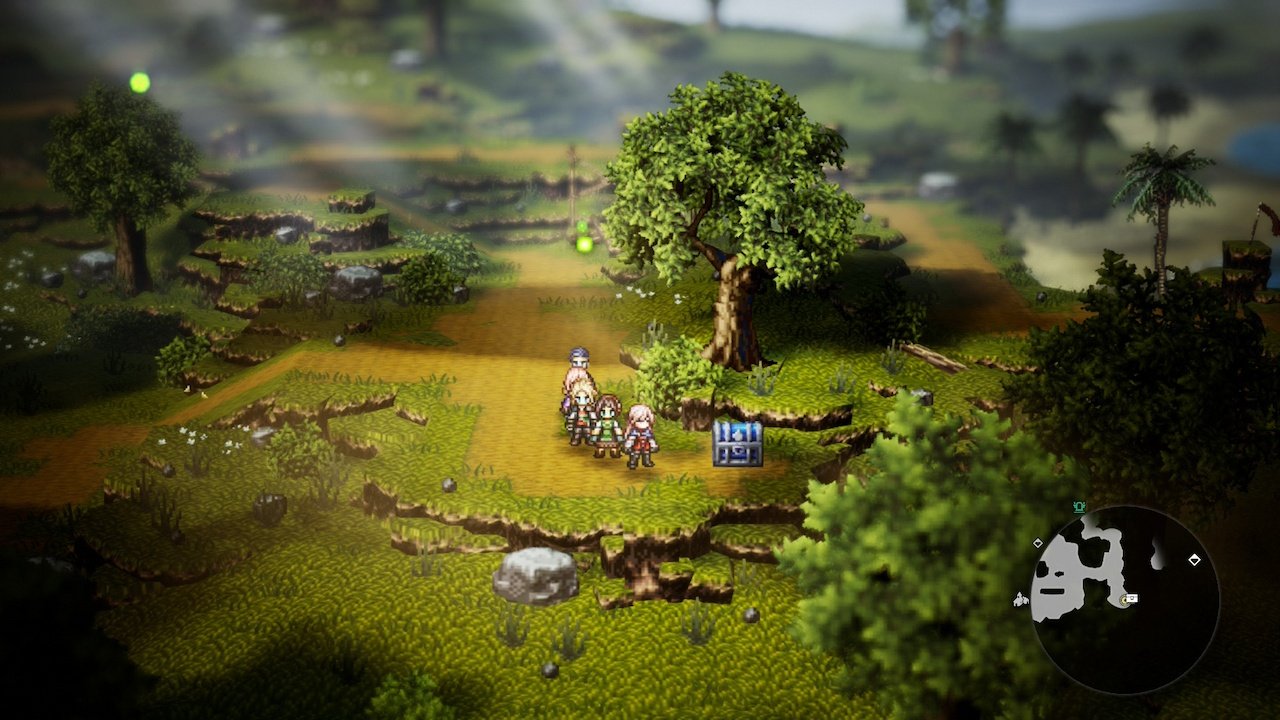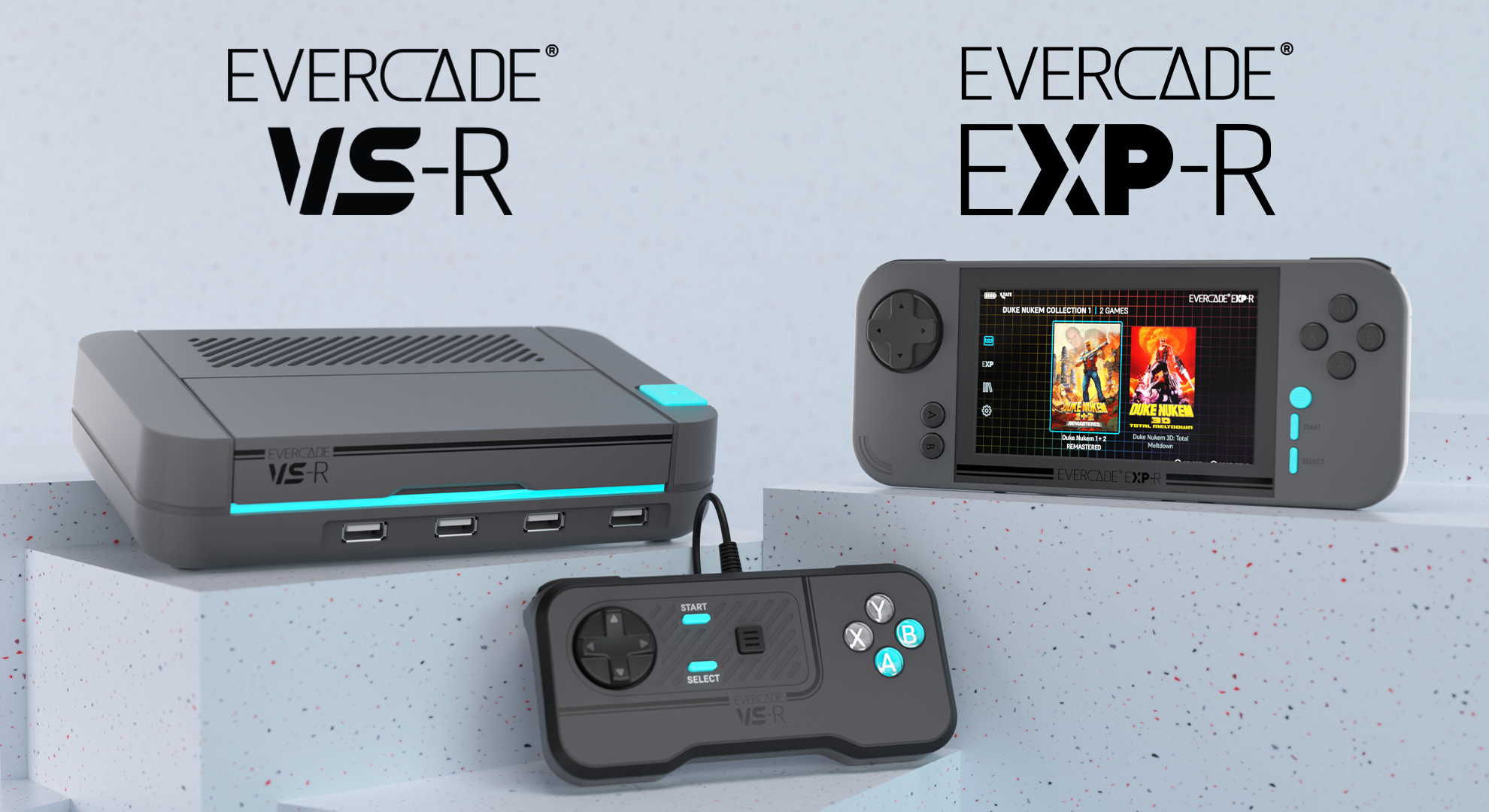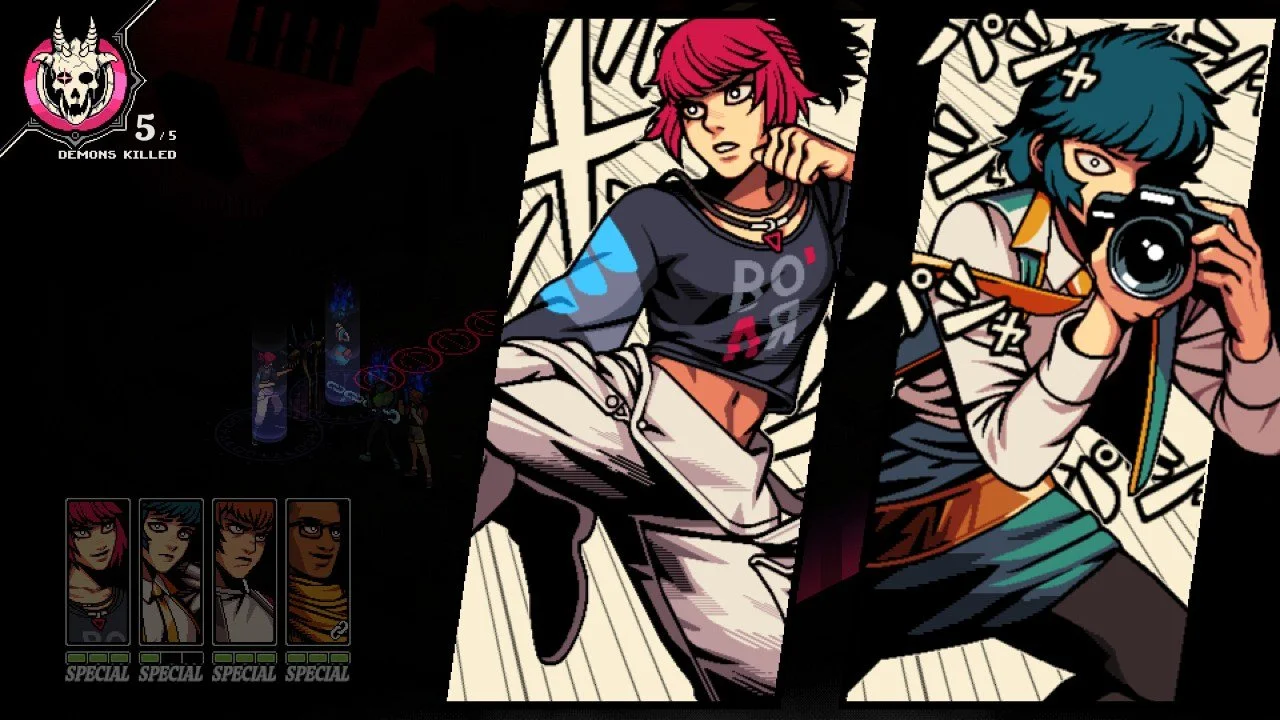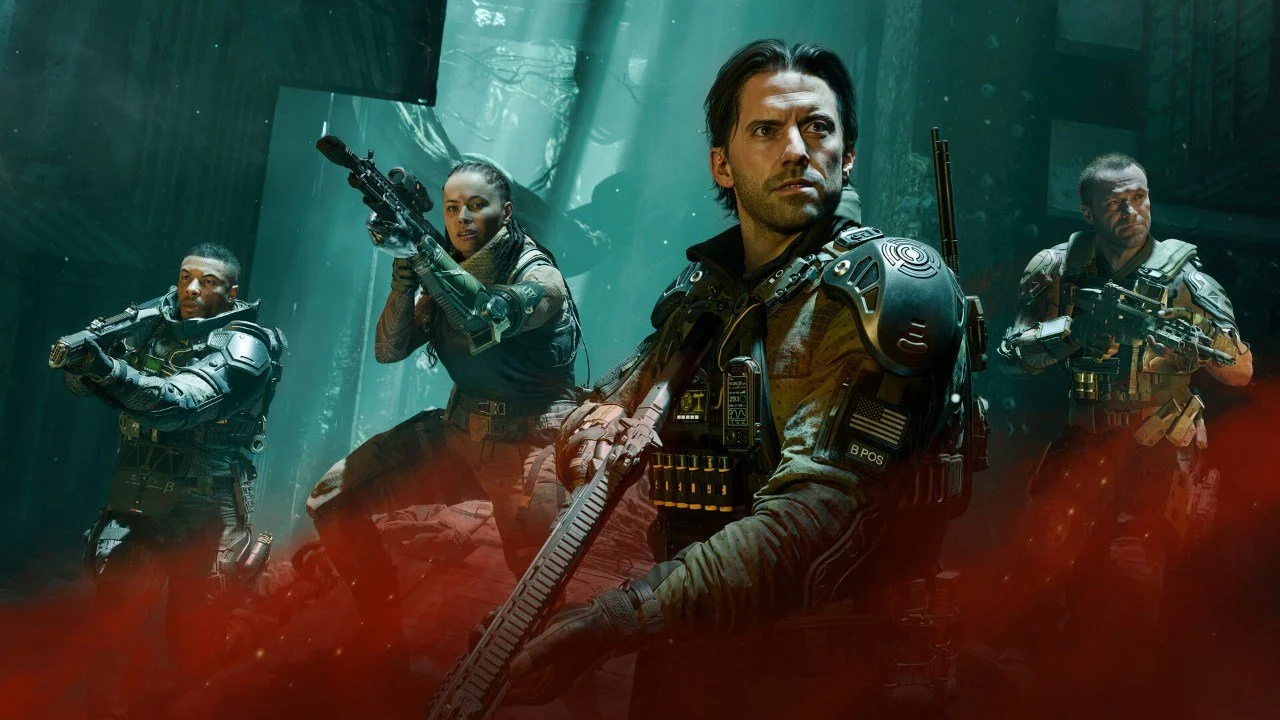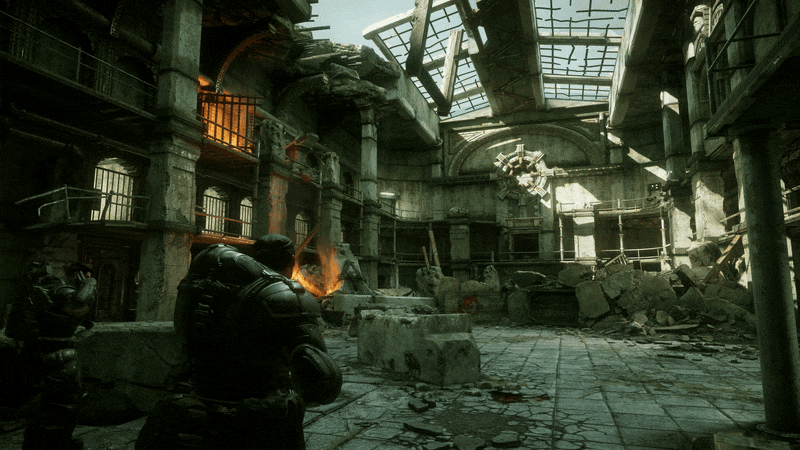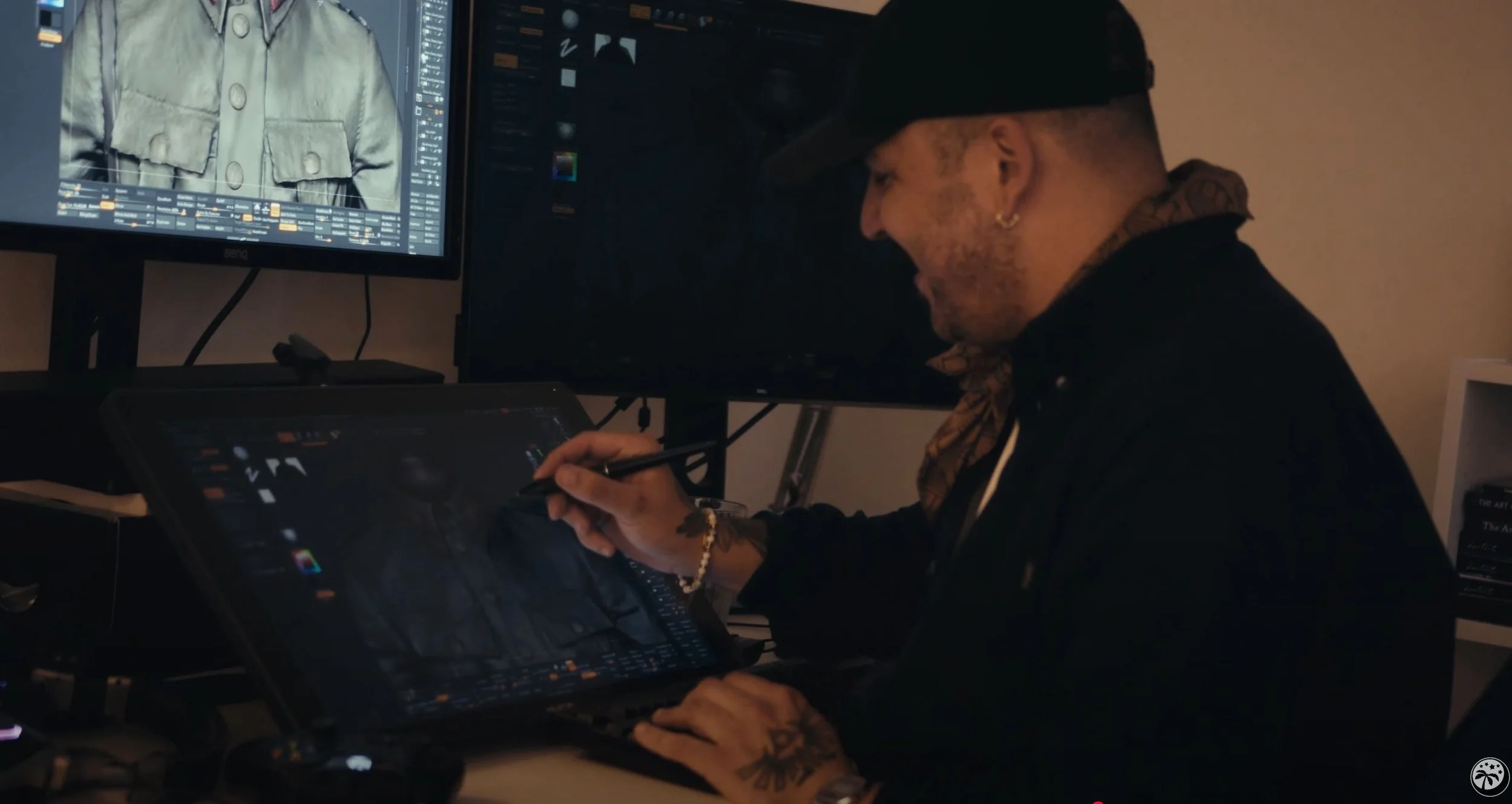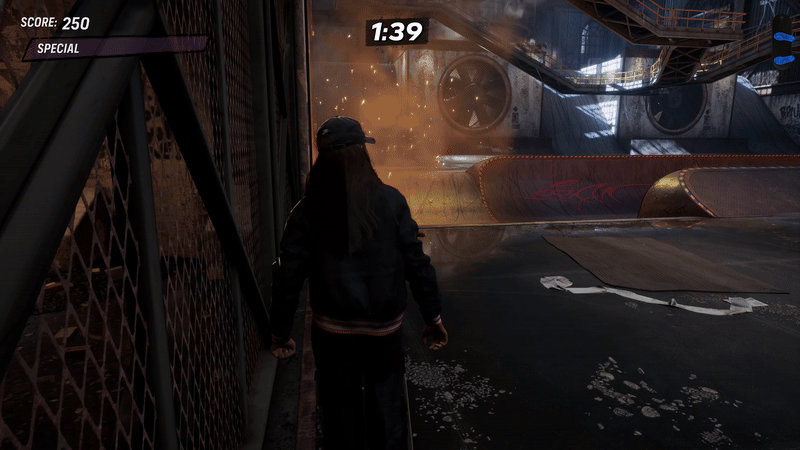Recently, I had the opportunity to play Until You Fall, a breath-taking game both visually and kinetically, from Schell Games. As someone without a personal VR setup, I can see how games like this would be a selling point for the technology and a gateway for people that don't normally play video games.
And with the steps that the developers at Schell Games have taken to create accessibility, I think that the potential to appeal to wider audiences is very high. There are a lot of changes that the team made to accomplish this. And while I don't have any particular needs as a gamer, the inclusion of these optional features in the game is inviting to people that might find more traditional gameplay restrictive.
Whether we’re talking about photosensitivity, left-handed capabilities, in-game text visibility, gameplay tips, or other changes that improve the experience, Schell Games seems determined to broaden the audience for the game and for the medium.
After my experience with the game, I asked the team some questions about the approach to design at Schell Games. Harley Baldwin, VP of Design, and Alexis Miller, Director of Product Management, responded in the interview.
Schell Games is not just about video games. The company seems to value connecting in the virtual world and creating environments for learning and fun. As a company that values education as much as entertainment, how has that mindset influenced your game development?
Harley: Here’s a secret about how we approach all of our experiences—both learning and fun are foundational. All games are a way of exploring oneself and growing mastery. Being at the forefront of that growth allows the brain to enter a flow state and supports having fun. So even, or especially, in entertainment experiences, we look aggressively for those moments when playtesters report being bored. It’s a good indicator that they have stopped learning, practicing, and feeling themselves grow. We work hard to remedy that boredom, often using approaches developed while making educational games that people actually want to play.
At first glance, Until You Fall could be seen as a traditional VR experience. How have you used the mechanics of the game—the swordplay and world-building—to create an experience that appeals to the widest range of players?
Alexis: There are a lot of choices the player can make in Until You Fall about their experience. A recurring theme throughout the design was that players could define their own swordplay style, based on the swords they chose to use throughout the game. In a prior release, 0.4, we added additional levels of difficulty, which was a major step towards appealing to more players. An update in the 0.5 release actually took that one step further and renamed the different levels of difficulty so that “easy” was no longer called “easy.” We wanted to remove any stigma about that word and also acknowledge that our “normal” difficulty level was actually pretty darn challenging, so we didn’t want to turn off players that way either. Our new level names are hopefully more approachable to more players while also aligning with their expectations for that level of difficulty.
Harley: The idea of “traditional VR'' is really interesting to me. I think of the medium as still pretty young, and while we are starting to have some conventions, I don’t see that we’ve even scratched the surface of what VR genres will be. We’re still defining them in regards to screenspace genres, but that’s a mirage—it’s a fundamentally different medium. All of which is a long-winded way of saying—I think we’re making traditions now, not breaking them. From my point of view, we’re really appealing to a wide audience, showing them what the game can be, or really, what they can be in the game.
I can talk about a number of specifics, but I guarantee that I will forget as many as I mention. First, the guests’ weapon choices are much more than cosmetic, and more than damage/speed tradeoffs as well, though those are fundamental playstyle choices in and of themselves. The weapons also have different supers and augmentations that inform different strategies in terms of how one manages the battlefield, especially in the endgame. Are you a person who likes to move around and manage your risk, or do you want to take the fight right to the thick of the crowd?
Until You Fall is an Early Access game on Steam. How does community feedback inform the development process in improving accessibility?
Alexis: Our understanding of some accessibility challenges, especially photosensitivity and handedness, was definitely elevated by player feedback in our community. We have been lucky to have a very active and vocal community on Steam and Discord. There are many members of our development team who are part of a very thorough process for organizing and prioritizing community feedback. I am part of a weekly meeting where we review a Trello board with player feedback; we consider how many players have shared similar feedback, and then prioritize it into our backlog. We take the feedback very seriously. The culture at Schell Games around accessibility definitely helps to raise the priority of these issues into features that are actually implemented.
Harley: One of our company principles is “Playtest constantly. It’s the only way to know.” When you’re talking about an Early Access game that is intended to grow, community feedback is an incredibly valuable resource. If someone is going to take time out of their day to send a message about what they liked, it’s awesome. If someone’s going to take time out of their day to send you a message about what they didn’t like, it’s a generous gift of information, and we try to treat it as such. So it might mean that a relatively small number of people might make a suggestion that makes it into the backlog, which is very much by design.
You've already made changes to accommodate photo-sensitivity, left-hand dominance, vision, and difficulty with gameplay. What other changes do you have in mind that will make the game accessible to more players?
Alexis: One thing that we continue to tweak is the colors used for visual cues. We’ve heard feedback from players not being able to see important visual cues due to low color contrasts and players being overwhelmed by certain visual cues that have a high color contrast or flash. We’ll continue to listen to our community and see what comes up. We want to have greater accessibility throughout the lifecycle of the game and not just, “Hey, here is our accessibility release.”
Harley: One thing we’ve talked about is ways to make the complex, interconnected systems more accessible conceptually while you’re in VR. Sure, one can go study them in a wiki, but it’s of limited use when you’re trying to make a decision about upgrades in-game. We’d like people to be able to find details on what our systems are and how they affect each other while in VR, somehow.
What are the principles that define your development process? What do you ask yourselves when thinking of how to make the game better?
Alexis: Player feedback is critical. That feedback comes in many forms… from Steam and Discord community forums, playtesting, game reviews, streamers and influencers, and even in backend gameplay analytics. As a relatively new member of Schell Games, I have been focusing on bringing data more frequently into the decision-making process. It has helped us to have more confidence in whether our hunch or opinion about an issue in the game is really a widespread problem or not when we have the data to back it up.
Harley: We actually have 18 principles that we use to guide our development. I know it sounds like a lot, and it is. Sometimes, they are even in conflict. For example, which principle wins when you find yourself looking at both “Dreams and plans only matter if we ship” and “Belief can turn the impossible into reality”? Often, it’s in the conversations about these conflicts that we find our way forward. The principles illuminate the conflicts, rather than guide the decision. But it’s awesome because sooner or later, in-game development, the question always comes back to “What problem are we trying to solve?” And it’s our observation that teams who can agree on the problem find the best solutions.
We also have a standard set of playtest questions that we ask, for a number of reasons. I won’t tell you what they are, because I don’t want to poison the potential well if future playtesters are reading, but they help us gauge an experience’s maturity and track problems over time. We’re getting solid data on whether we’ve solved the problems previous playtesters brought us. It is a way of ensuring we’re agreeing on the problems with our players, and it has proven a simple, effective way of vetting our ideas and progress.
How has development on your other projects informed the growth of Until You Fall?
Alexis: Our other VR projects, especially I Expect You To Die, have given us the confidence in our ability to compete in this vastly evolving and competitive industry. We’ve learned a lot about the uniqueness of each VR platform and their audiences, from Steam to Quest to PlayStation. We learned a lot through that project about how to prevent motion sickness in VR, how to create a fun seated experience (which, believe it or not, Until You Fall can be played seated), and how to create a fun one-handed experience. We also learned what we were missing, which was a game that had more potential for community building and feedback. It’s harder to build that community in a puzzle game without giving away all of the answers to solve the puzzle. Until You Fall gave us an incredible opportunity to grow our community.
Harley: Certainly everything we’ve learned about embodiment, presence, and object affordance has been key, as well, lessons learned in early I Expect You To Die about simplifying tedious real-life tasks VR. Hence, the squeeze of the controller to spawn a sword feature, so you don’t have to sheathe/equip it.
What potential do you see in the VR industry that could catapult gaming to the next level and widen the scope of what is possible?
Alexis: It might be the chicken or the egg argument, but I think the audience for VR needs to grow larger before we see the next level of VR gaming. I am not convinced that a new feature will bring more players to VR. In order to appeal to more players, VR has to be more affordable, comfortable, and easy to use. There’s already a lot of magic and “wow” moments in VR now. The challenge is getting past VR headsets being pricey gadgets requiring adjustments to fit comfortably and to see and hear clearly, while also not tripping over your dog. I think when the next level of VR comes, it will take advantage of our sense of touch. It has incredible power to complete the sensory experience.
Harley: Remember in the early ’00s when people were all very excited about digital natives—that is, kids who grew up with ubiquitous devices, who didn’t struggle to understand and navigate each new UI? In some ways, I think we are going to have to see what that native group of VR users comes up with since they are the ones who won’t struggle to relate VR to screenspace and so they’ll stop making assumptions that we’re still making—albeit less so every day.
What's next for Schell Games?
Harley: Just today, I was looking at a maturing build of HistoryMaker VR, a VR embodiment experience for puppeting historical figures in VR. We’re super excited about this one because it’s the first time that we’ve tried VR that primarily aims to support content creators. I can’t wait to see what students and teachers and parents and historians create. I’m on the edge of my seat to see it used on TikTok.
This was an enlightening and fascinating interview for me, and both the game and the conversation with Schell Games only made me more excited to build a gaming PC for VR games and experiences.
If you want to learn more about Until You Fall or other work from Schell Games, be sure to check out the links scattered throughout the interview. And check out a trailer for Until You Fall below
I’d also like to thank Harley and Alexis for taking the time to talk with me, and to Schell Games for highlighting accessibility in VR.
For more gaming news and updates, stay tuned to GameTyrant.



